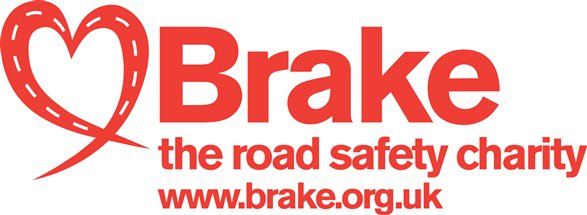With hayfever season in full swing, road safety charity Brake and insurer Direct Line have warned drivers ignoring warnings not to drive after taking medication that they may be breaking the law.
It is illegal to drive while unfit to do so as a result of taking either legal or illegal drugs, and joint research has found many drivers seem oblivious to the potential dangers of both prescription and over-the-counter allergy medications. A survey conducted by Brake and Direct Line found 17 per cent of drivers admit to not reading the warning label on their medication or, even more alarmingly, reading and disregarding it. Anti-allergy medication is one of the most common drugs which can impair driving, causing drowsiness or affecting reaction times, coordination, concentration, or vision. This is backed up by figures from the Transport Research Laboratory which shows 5.2% of drivers and 4.1% of motorcycle riders killed in road traffic accidents were found to have potentially ability-impairing levels of medicinal drugs in their system.
The advice from Brake is to always check the label on medication, erring on the side of caution and not driving if it says your ability to drive may be affected. If unsure, the charity advises to consult a doctor or pharmacist. Never drive if you feel drowsy. If your medication affects you ability stop your driving, not your medication. If you have to drive, consult a doctor pharmacist to seek an alternative medication which won’t affect your driving ability.
Hayfever remedies based on first-generation anti-histamines are known to cause drowsiness and affect concentration and reaction times. “Second and third-generation antihistamines should always be chosen over the first generation antihistamines, which pass into the central nervous system, causing sedation,” said Maureen Jenkins, Director of Clinical Services at Allergy UK. “Tests and experimental studies on real driving indicate that it is advisable to avoid first generation medications for drivers. If you're in doubt about which is the latest available medication, ask your pharmacist or GP."
Brake Deputy Chief Executive Julie Townsend added: "It's not just illegal drugs that make you unsafe to drive; legal, over-the-counter and prescription drugs can make you a danger too, to yourself and others. This widespread lack of awareness among drivers is alarming, suggesting many are unwittingly posing a threat to safety on our roads. It's a particular concern at this time of year, when huge numbers of people will be using hayfever medicines, some of which can be risky if you drive.”
Of drivers who do use hayfever medication, 44 per cent admitted to rarely, if ever, checking the instructions on their medication. Women are more conscientious according to the survey, with 23 per cent failing to check the label compared to 39 per cent of men.
With other prescription and over-the-counter medications also having the potential to impair driving ability, for example cough and cold medicine, anti-inflammatories, antibiotics, antidepressants, and epilepsy drugs, drivers were found to be even more unaware. Of the one thousand drivers surveyed, 47 per cent admit failing to read the instructions fully on decongestants, and 60 per cent on cough medicines.
Click here to sign up for our monthly newsletter
| Popular news stories |
||||||
 |
 |
 |
 |
|||








